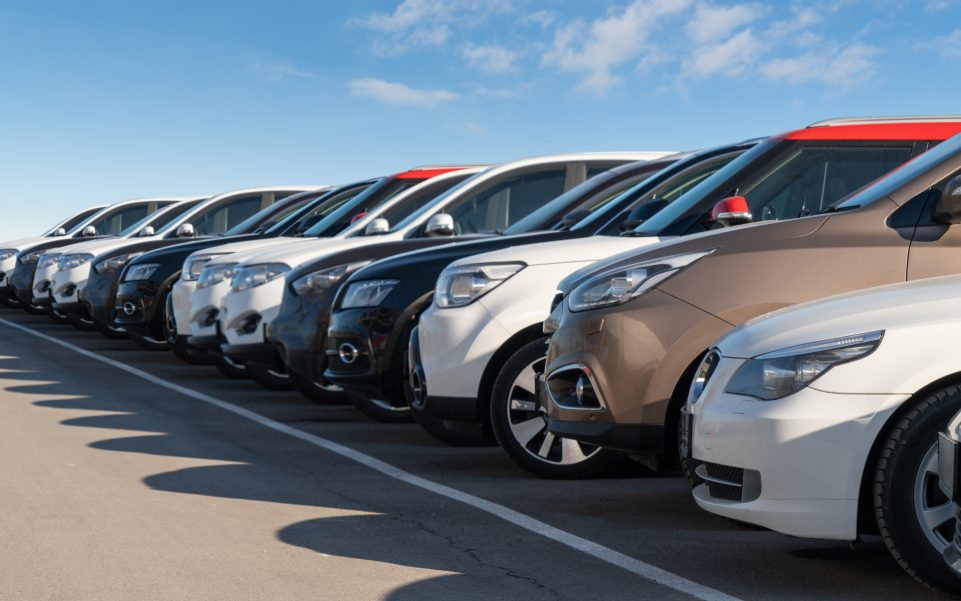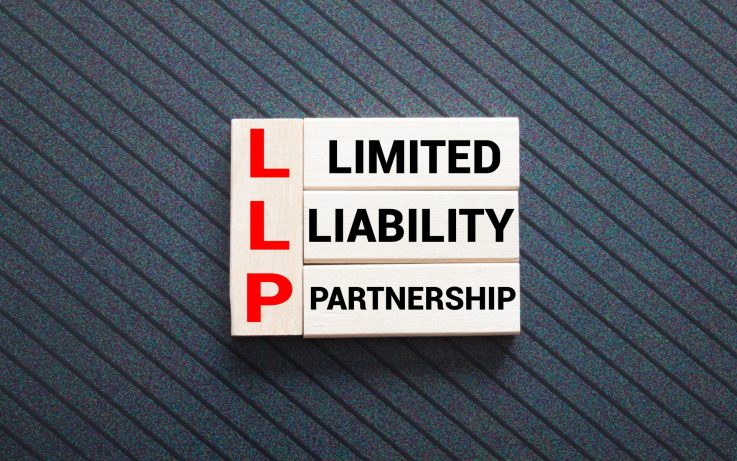How to buy and sell car in UK

Buying a Car
Buying a car in Englandis not difficult if you know how to go about it. First and foremost, you need your driving licence. You can use your EU driving licence while it’s valid. A driving licence from other countries is valid for 12 months from your arrival in the UK. After it expires, you need to replace it with the English one or get a new one. It depends on the issuing country.
Let’s assume, you are a happy owner of a driving licence and it’s time to buy a car.
What Paperwork Must Car Have?
V5C, a vehicle log book, is issued when the vehicle is registered for the first time. It includes:
- Make and model;
- Vehicle Identification Number (VIN);
- Engine number and parameters;
- Number plate;
- Date of first registration;
- Current and previous registered keepers;
- Tax class;
- Colour.
When buying a car, you should check the document carefully; its authenticity is proved by the DVLA watermark (the agency responsible for all car matters: licensing, registration, taxes and fines).
Pay attention to the serial number in the top right corner, it’s like a secret code for a car.
Compare the VIN and engine number with those on the document. This is necessary to make sure a transaction is genuine and a seller is honest.
МОТ is an annual car health check. It’s mandatory for vehicles that are over 3 years old. You can check MOT status on the car.co.uk website or the official DVLA website. MOT certification confirms the roadworthiness of the vehicle.
Where Can I Buy a Car?
There are several ways to buy a car in the UK: from a dealer, a private individual or at an auction.
From a Dealer
If you know what you want, go and talk to a car dealer. You don’t need to know anything about cars and the paperwork; the dealership will prepare everything for you. All you have to do is pay for the car and enjoy driving it.
It is a reliable and simple way, but also the most expensive. The dealer might add warranty, insurance and additional options to the price of the car.
If you are unwilling to pay for it, it’s better to look for cheaper options.
From a Private Seller
If you are prepared to spend a lot of time to find the right car, it is a good option. You can search online (e.g. Facebook Marketplace) or in newspapers or magazines. A possible disadvantage is that the car may be far away from where you live and not in the conditions specified in the advert.
Vehicles are often parked on the road with a «For Sale» sign. Keep an eye on them.
When inspecting a car, you will have to rely on your knowledge or engage specialists. Many companies offer services of mobile mechanics conducting a complete inspection and issuing a report. It will cost £250 to £350.
At an Auction
Will you dare? That is the question. You can buy a car at a good price, but it is a blind purchase. Most auctions do not provide detailed information on the vehicle. The condition of the suspension and chassis is not checked at all.
Anyone who wins the bidding must pay for the car, usually with no right to return it.
Bear in mind that there will be an auction fee added to the cost of the car, which can be up to £500. You can participate in the auctions if you’re prepared to take a risk.
Leasing
This is a good option as you get a new car and use it for a certain period of time paying monthly instalments. No need to deal with the paperwork, repairs, and sale.
The amount of instalments is calculated on a case-by-case basis, and a down payment is made after the contract is signed.
Bear in mind that you will need insurance. Besides, the car does not belong to you.
How Can I Check a Car Before Buying It?
HPI Check is a detailed car valuation. The service costs between £10 and £40 depending on what information you want. A simple check will give information on the legal status of the car. But you can select a multi-check to view any repairs, accidents and changes of owners.
The dealership will provide all the information upon purchase, but private sellers won’t pay for it. It means you will need to arrange a check yourself.
If the car has failed the HPI Check, look at the category in the report. There are 4 categories:
- A — the car must be scrapped. It cannot be sold even for spare parts;
- B — some parts can be resold;
- C (S) — the car is repairable but it will cost a lot. The vehicle can be used again after repair;
- D (N) — the car is repairable at a reasonable cost. The vehicle can be used again after repair.
Registration Procedure
When you buy a car from a dealer, you won’t have to worry about the paperwork. The registration form is filled out online.
If it’s a private seller, they must complete the relevant sales section of the V5C logbook. A buyer fills in their part of the document. The parties send the completed forms by post to the DVLA. A new logbook is issued based on these details and later sent to the buyer’s postal address.
Getting Number Plate
The vehicle number plates are issued upon registration and remain valid for the lifetime of the vehicle. Only the V5C logbook changes when buying a used car.
You can customise your number plate if you don’t like the current one.
Paying Road Tax
Road tax is a mandatory payment that can be made monthly, every six months or annually. The bigger the engine size and the older the vehicle, the higher the tax.
Refusal to pay will result in a £1,000 fine or five times the amount of tax.
If you don’t use your car, apply to DVLA to be exempt from payments. It is called «making a SORN» (Statutory Off Road Notification).
Insurance
Car insurance is a mandatory part of the purchase. The fine for driving without insurance is £300. It will damage your reputation and increase the insurance premium.
Under UK law, the policy is taken out for a year.
You can be exempt from insurance payments by making a Statutory Off Road Notification that confirms your car is ‘off the road’ for a year.
There are 3 types of insurance: public liability, theft and fire, and full coverage.
Almost all of them include an excess, which is the amount paid by the vehicle owner in the event of an accident. There are two types of excess:
- Compulsory — the amount is set by the insurance company;
- Voluntary — the amount is set by the vehicle owner. The higher it is, the lower the price of the policy. Do not go for an excessively high excess since you might have to cover the full cost if an insurance event occurs.
You don’t need to carry the policy with you; showing an email confirmation on your phone is enough. The insurance kicks in once you receive the contract.
What Should I Do If the Purchased Car Breaks Down?
If you experience any issues with your new car, refer to the manufacturer’s warranty. Repairs may be refused due to vehicle misuse or unauthorised interventions. What to do if it is a used vehicle?
According to the paperwork, the car purchased from a dealer is in working condition. A problem discovered within the first six months must be fixed by the seller. If the problem occurs after six months, you must prove that you purchased a defective vehicle. Therefore, you should immediately diagnose your car at a service centre and report all the problems.
The dealer’s warranty is insurance the cost of which is included in the price of the car. The dealer may not inform you that every warranty provider will ask for a compulsory repair charge, which ranges from £50 to £150 per application.
There is no warranty if the vehicle is purchased from a private seller. Check the vehicle thoroughly before you buy it. Bring an expert mechanic with you or check it at a service centre.
Buying a car in the UK is not difficult. Follow our recommendations and you will have a satisfying driving experience. Observe the road rules and make sure you pay your tax and insurance on time. This way, you will avoid issues while driving.
Let’s move on to learning more about selling a vehicle.
Selling a Car
Selling a car in England is the same as buying a car. Only the roles switch.
Where Can I Sell a Car?
Advertise on social media, websites, newspapers or magazines if you have plenty of time. You can park the car on the road with a sign on the windscreen.
Go to the dealer if you need to sell it quickly. All you need to do is bring the car, get the money from them and go about your business. They will deal with everything else. A significant disadvantage is the purchase price. Dealers are resellers who need to make a profit. They will therefore try to buy the car at the lowest possible price.
There is another option called Part exchange. It is suitable for those who want to change their car. The cost of your car will be deducted from the purchase price of the new one.
Preparing for Sale
The car needs to look appealing to buyers, so make sure you clean and declutter the inside of the car and wash it outside. Get an HPI Check if you have £20 to £40 to spare. This will allow your potential buyers to verify the legal status of the car and its good condition, which will make your car more appealing.
Please note that after modifying your car or changing your name, and address, you should apply to the DVLA to update your logbook. This must be done before the sale.
Apply to DVLA if you want to keep the number plate.
Concluding the Transaction
It’s time to complete the paperwork once the parties have agreed on the conditions of the sale. A seller and a buyer fill in the relevant sections in the logbook. Each then sends their part to the DVLA.
The transaction is complete now. There is no need to drive anywhere, wait in queues and waste time. The process is quick and easy. Payment can be made in cash or by money transfer.
FAQs about Buying and Selling Cars in England
What Should I Do If I Lost My V5C Logbook?
You have to apply to DVLA for a duplicate copy online or by phone. You will need:
- vehicle registration plate;
- VIN;
- the name and address that were given in the logbook.
The cost of the service is £25.
Do Electric Car Owners Pay Tax?
From April 2025, the owners of electric cars worth up to £40,000 will pay a standard tax of £165 per year. The tax on luxury electric cars will be £520.
How Much Can a Used Car Cost in the UK?
You can get a car for £700 – £900 in good condition if you make an effort to find it.







